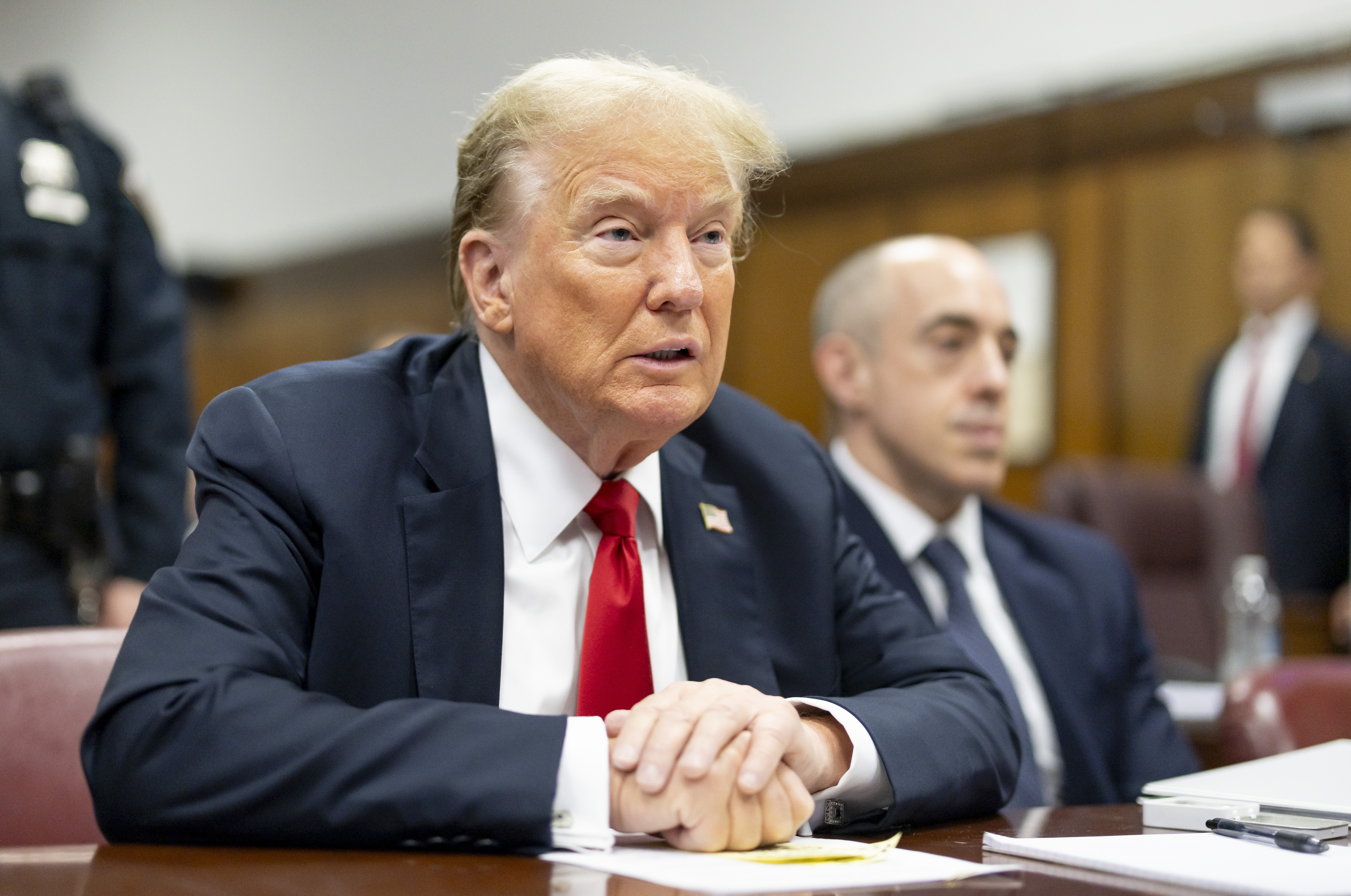The second-largest bank failure in U.S. history is prompting some politicians to demand that regulations passed after the 2008 financial crisis but loosened during the Trump administration be reimposed.
Small and medium-sized banks such as Silicon Valley Bank, which was shut down by regulators on Friday, are exempt from provisions of the 2010 Dodd-Frank law.
On Monday, Democratic Sen. Elizabeth Warren of Massachusetts wrote in a column In The New York Times that Congress must reverse itself and repeal the banking deregulation.
Warren faulted Silicon Valley Bank for relying on a concentrated group of tech companies with big deposits, making it vulnerable to a weakness in one sector, for funneling the deposits into long-term bonds and therefore being unable to respond to a drawdown, and for failing to hedge against rising interest rates. Interest rates have gone up as the Federal Reserve works to curb inflation.
Get Connecticut local news, weather forecasts and entertainment stories to your inbox. Sign up for NBC Connecticut newsletters.
Fear of fall-out led regulators to close another bank, Signature Bank based in New York, on Sunday,
“Had Congress and the Federal Reserve not rolled back the stricter oversight, S.V.B. and Signature would have been subject to stronger liquidity and capital requirements to withstand financial shocks,” Warren wrote. “They would have been required to conduct regular stress tests to expose their vulnerabilities and shore up their businesses.”
U.S. & World
She also criticized the head of the Federal Reserve, Jerome Powell, who in a confirmation hearing in 2017 said he did not see a need for stronger financial regulations nor for easing existing ones though he did say he favored less regulation for smaller banks.
Congress voted in 2018 to allow banks with less than $250 billion in assets to forgo so-called stress tests that determine how well they would withstand an economic downturn.
The country’s largest banks, JP Morgan Chase, Goldman Sachs and Bank of America, must still undergo the tests.
The rollback was promoted by President Donald Trump and had the support of Republicans and a smaller number of Democrats. The bill passed the House 259-159, with the backing of 33 Democrats. In the Senate, 17 Democrats joined all Republicans in voting for the measure.
Regulators are working to stem damage from the bank closures. They announced an emergency lending program and guaranteed deposits as President Joe Biden told the country that the banking system was safe.
Rep. Katie Porter said she was working on legislation in the House to reverse the 2018 law.
"Congress—in a bipartisan vote—caved to Wall Street and loosened our nation’s banking laws," Porter, who is running for Senate, wrote in an email to supporters Sunday, NBC News reported. "I have no problem standing up to Wall Street, so I’m writing legislation to reverse that risky law."
Sen. Bernie Sanders, the independent from Vermont, pointed to a prediction from the Congressional Budget Office five years ago.
“The failure of Silicon Valley Bank is a direct result of an absurd 2018 bank deregulation bill signed by Donald Trump that I strongly opposed,” Sanders said. “Five years ago, the Republican Director of the Congressional Budget Office released a report finding that this legislation would ‘increase the likelihood that a large financial firm with assets of between $100 billion and $250 billion would fail.’”
Meanwhile Rep. Ro Khanna, the Democratic who represents the district where Silicon Valley Bank was headquartered, said the bank’s chief executive must return money he made by selling banks shares in late February. The trust of Greg Becker sold $3.6 million worth of shares on Feb. 27, the Washington Post reported.
Khanna cautioned that the sale could have been a scheduled one.
But he told the Post, “There should be a clawback of any of that money. It should be going to the depositors.”



